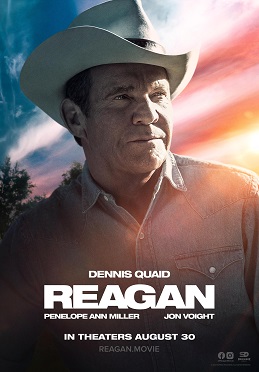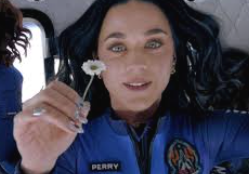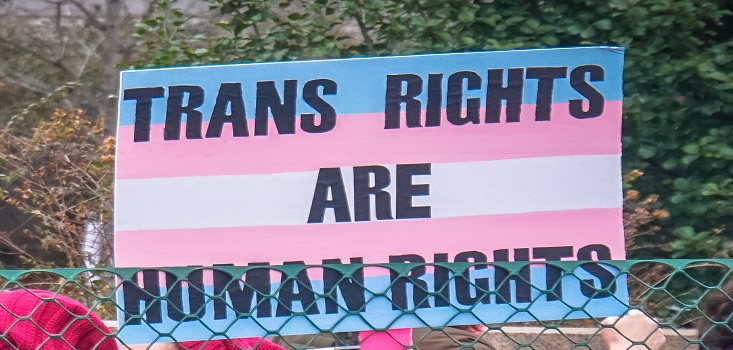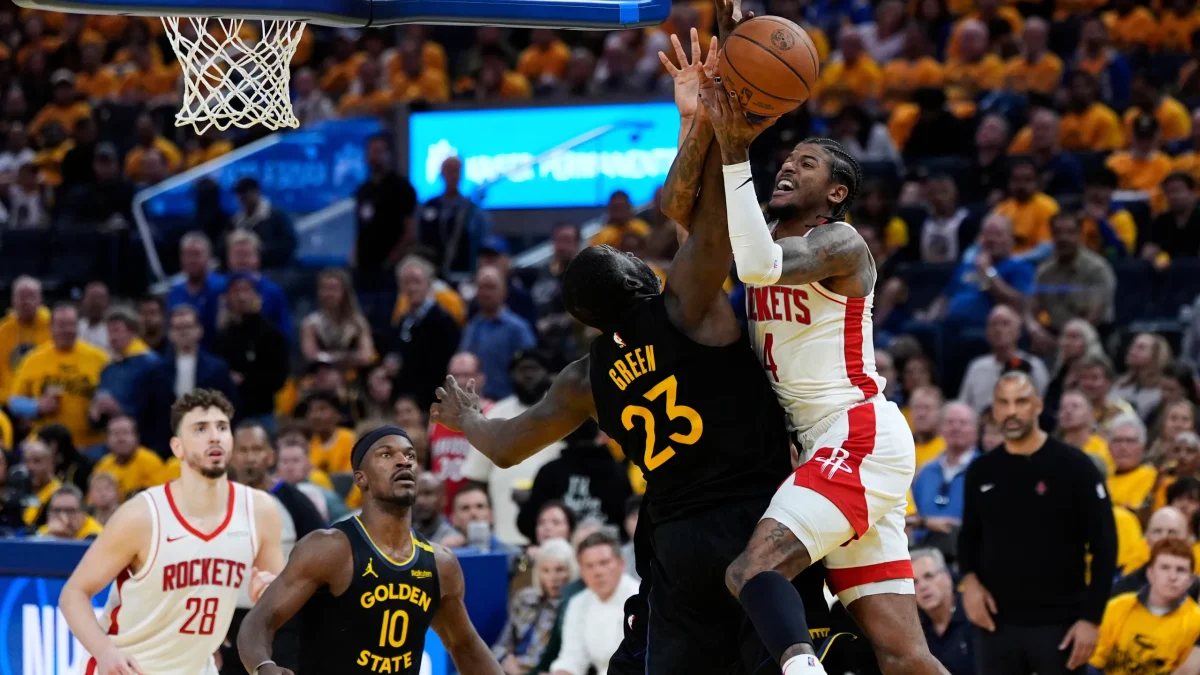
Apart from the Old West, the exploits of the Caribbean pirates, or any war that has wreaked unfortunate havoc on our country, there is no other facet of American history quite as fascinating to the public as the US presidents. So it’s strange that there seems to be a shortage of Hollywood films cashing in on the outsized personalities of many of our commanders-in-chief.
The few that made splashes include Steven Spielberg’s Lincoln (2012), which won Daniel Day-Lewis an Oscar for his powerful yet humanizing portrayal of the iconic leader. Then there’s Oliver Stone’s biopics: Nixon (1995), which was an epic that stretched over 3 hours, and W. (2008), which was the first film to show the now generally accepted ‘good guy, bad president’ view of the second George Bush. Frost/Nixon (also 2008) is highly acclaimed as well, though it took place years after Tricky Dick left the White House.
Treasure that last paragraph for presidential-inspired viewings, because this year’s Reagan is never ending up anywhere near that list.
Instead of offering any new insights into the Gipper’s life or effectively dramatizing any one of the many iconic moments of his presidency, the film resorts to pandering for two and a half hours to our 40th commander-in-chief, a man who’s been dead for two decades. Rest his soul. Dennis Quaid, once highly acclaimed for his deft performances in Traffic and Far From Heaven, offers a laughably weak performance as Ronald Reagan. His voice wavers from sounding like Kermit the Frog to Peter Griffin and his line delivery is so corny it’s got you wondering if the Disney Channel was behind this one.
In perhaps the film’s most mawkish sequence, a screenwriter at a Hollywood dinner party loudly complains about the advent of American capitalism and implores his fellow guests to “pick a side”. The film pans to Reagan, shown for the first time. “What do you mean by that?” he bellows. Or take the opening scene, where a young Russian president-elect (Alexei Vorobyov) meets an old Soviet spy (Jon Voight) to ask about why the USSR, once the most powerful nation in the world, truly fell. He begins recounting the story of Ronald Reagan, or “the Crusader”, as he calls him.
It may certainly be true that President Reagan’s iron will and pursuit of democratic ideals led to the liberation of millions living under crushing authoritarian regimes. But sheesh.
It’s worthwhile to compare the film to a book I picked up a little while ago about the man by H.W. Brands. The book was a fascinating portrait of his life, from his Hollywood days to his governorship in California to the fireside conversations he had with Mikhail Gorbachev in Reykjavik, where the two allegedly discussed the fate of the world. But most admirably the book steered down the middle, with no agenda of its own other than to present the life and accomplishments of the westerner and let the reader craft an image in their mind about him.
Reagan the movie has none of that moderation, presenting Reagan the man as a lovable statesman who can do no wrong. The AIDS epidemic and the October Surprise allegations are skirted past, while the Iran-Contra affair part of the story is essentially discontinued after the president says it was without his knowledge. Even Nancy Davis, curiously played as a constantly awkward wreck by Penelope Ann Miller, is shown being more partisan and hot-headed than her husband, which he scolds her for.
Even stranger, the film skirts over most of his biggest successes. The word “Reaganomics” is not used a single time in his film. The only focus of the film is his work to implode the Soviet Union, but they discontinue that story too after time-skipping to his Alzheimer’s years once he makes his “tear down this wall” speech. You might recall that a survey by historians made a little while ago ranked Reagan as our ninth-best president. It’s hard to get a sense that he did anything of importance while he sat in the Oval Office.
So you have the cheesiest of hagiographies, equipped with home video-level cinematography and a constant urge to suck up to its lead, yet one that doesn’t explain why in the world we’re supposed to respect the man. In fact, it makes you dislike him more than it makes you like him because Mr. Quaid’s performance is so head-slapping-ly incredulous that you begin to think that the president was some elderly cornball who happened to be president for 8 short years.
It’s an impractical way to portray one of our most interesting leaders, but moreover, it’s impeachable.
Pomegranate seeds: 2/10



























